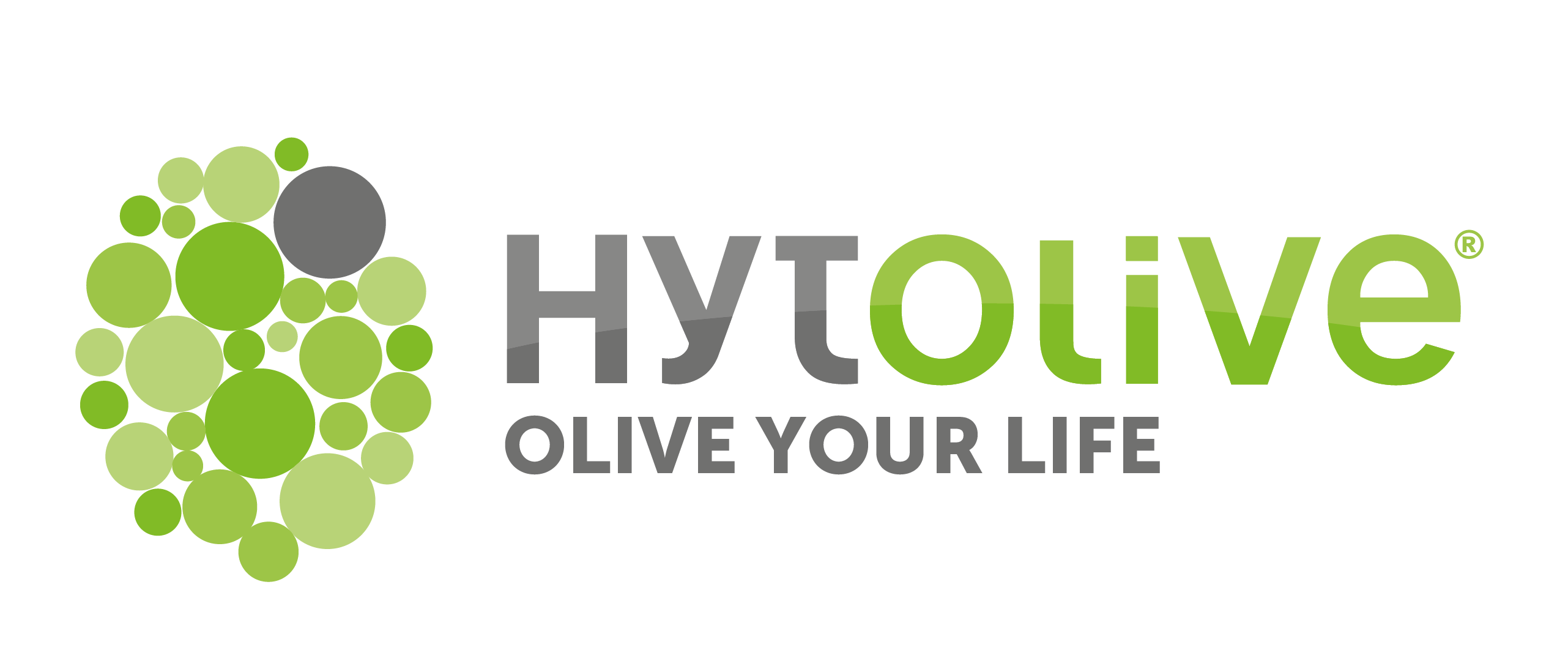-
Ingredient SolutionsQuickly narrow your search. Browse products in our sortable catalog. View Catalog
-
ApplicationsQuickly narrow your search. Browse products in our sortable catalog. View Catalog
-
ResourcesRecently Posted
-
PLT People & Planet
-
About
Our international network, passionate team of experts and extensive industry knowledge is what sets us apart.
 Seth FlowermanCEO
Seth FlowermanCEO
Hydroxytyrosol-Rich Olive Mill Wastewater Extract Protects Brain Cells in Vitro and ex Vivo

Hydroxytyrosol-Rich Olive Mill Wastewater Extract Protects Brain Cells in Vitro and ex Vivo
Schaffer, Sebastian & Podstawa, Maciej & Visioli, Francesco & Bogani, Paola & Müller, Walter & Eckert, Gunter
(2007) JOURNAL OF AGRICULTURAL AND FOOD CHEMISTRY. 55. 5043-9. 10.1021/jf0703710.
Abstract
Elevated oxidative and nitrosative stress both impair the integrity and functioning of brain tissue, especially in aging. As long-term intake of plant foods rich in antioxidant phenolics, such as extra virgin olive oil, positively modulates surrogate markers of many human pathological alterations, the interest in cheap and abundant sources of such phenolics is rapidly growing. Olive mill wastewater is particularly rich in hydroxytyrosol, an o-diphenol with powerful antioxidant, anti-inflammatory, and antithrombotic activities. Due to the deleterious effect of oxidative stress on brain cell survival, the efficacy of a hydroxytyrosol-rich extract to attenuate Fe2+- and nitric oxide (NO)-induced cytotoxicity in murine-dissociated brain cells was investigated. The addition of either Fe2+ or SNP (an NO donor) caused both a severe loss of cellular ATP and a markedly depolarized mitochondrial membrane potential. Preincubation with hydroxytyrosol significantly attenuated the cytotoxic effect of both stressors, although with different efficiencies. Mice feeding studies were performed to assess the brain bioactivity of hydroxytyrosol ex vivo. Subchronic, but not acute, administration of 100 mg of hydroxytyrosol per kilogram body weight for 12 days enhanced resistance of dissociated brain cells to oxidative stress, as shown by reduced basal and stress-induced lipid peroxidation. Also, basal mitochondrial membrane potential was moderately hyperpolarized (P < 0.05), an effect suggestive of cytoprotection. In synthesis, the ex vivo data provide the first evidence of neuroprotective effects of oral hydroxytyrosol intake.














